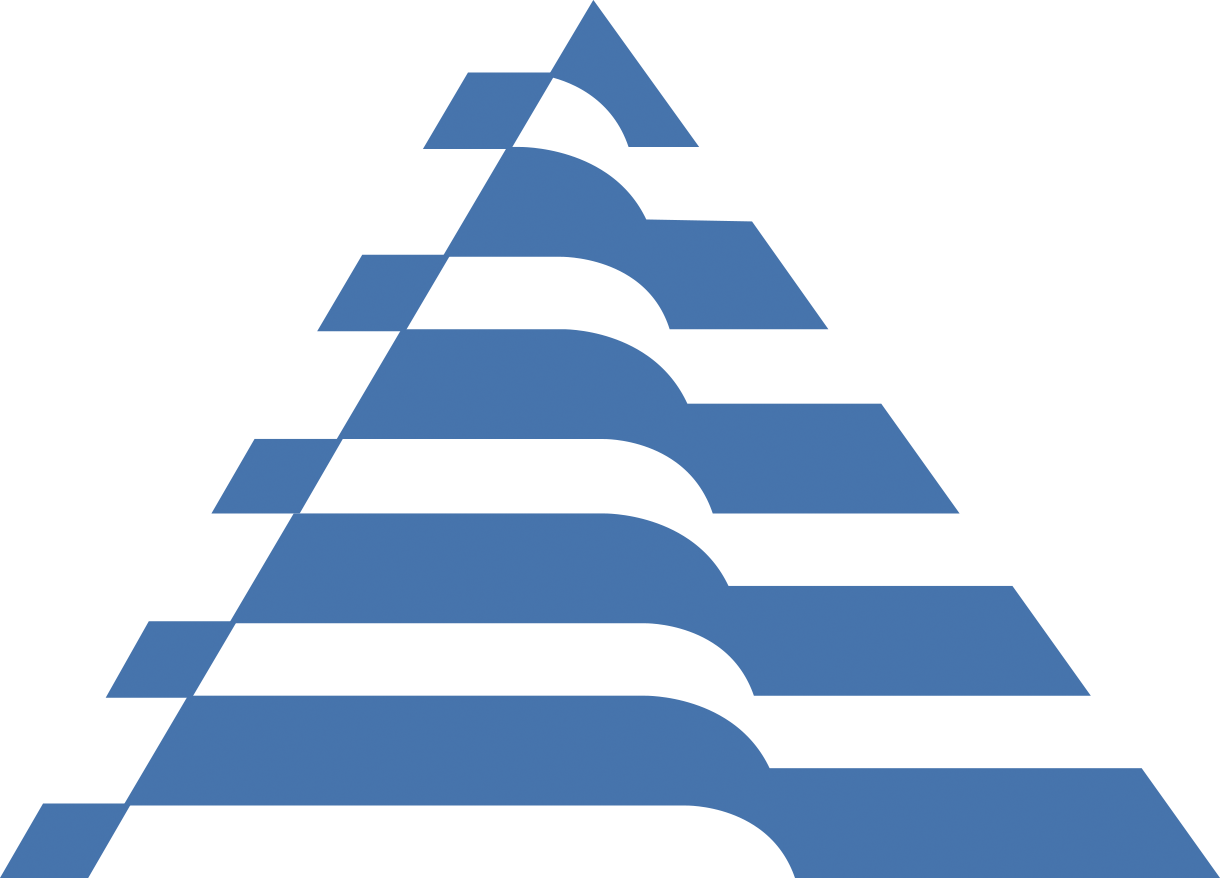» Full Papers (Peer Reviewed)
» Project Reports (Peer Reviewed)
» Posters (Peer Reviewed)
» Best Practice Posters
 Full Papers (Peer Reviewed)
Full Papers (Peer Reviewed)
 Project Reports (Peer Reviewed)
Project Reports (Peer Reviewed)
 Posters (Peer Reviewed)
Posters (Peer Reviewed)
| Poster Author | Poster Title |
| Cleverton Ferreira Borba, Pedro Luiz Pizzigatti Correa | OCS: 322 TITLE: Using Metadata for Interoperability of Species Distribution Models ABSTRACT: This poster presents the use of metadata patterns for the field of Species Distribution Modeling and also presents a proposal for application of metadata to ensure interoperability between models generated by tools of Species Distribution Modeling (SDM). |
| Adriana Carla Silva de Oliveira, Guilherme Ataíde Dias, Renata Lemos dos Anjos & Virgínia Miranda de Souza | OCS: 326 TITLE: The Adoption of Dublin Core Standard for Scientific Data Management: an E-Quilt Prototype Experiment ABSTRACT: This research contextualizes the contemporary state of the scientific communication. The technological infrastructure, standards, protocols, tools, and methodologies are essential for scientific open data management. Our focus is on the scientific primary data and its sharing. It presents a experiment in which the prototype, named e-Quilt, is being developed. In its environment, an enhanced article and the scientific open data are presented. The research aims at adopting an infrastructure with standard and tool for upgrading the e-Quilt prototype. The adopted metadata standard was the Dublin Core. The technique was qualitative used for the independent and dependent variables. The analyze was focusing in the adequacy of the e-Quilt prototype in accordingly with the standard. The results presented that the enhanced article is complies with the Dublin Core standard. |
| Sophie Aubin, Pascal Aventurier, Ivo Júnior Pierozzi & Leandro Henrique Mendonça Oliveira | OCS: 329 TITLE: Interlinking Two Institutional KOS about Agroecology: Using LOD Agrovoc to Circumvent the Language Barrier in Identifying Terminological Intersections ABSTRACT: INRA and Embrapa (respectively the French and the Brazilian national institutes for agricultural research) are historical partners in initiatives for knowledge and information management. Given the challenges involved in the mutual sharing of their technical-scientific production especially considering language barriers, efforts have been made to develop semantic interoperability between repositories and bibliographic databases of both institutions. INRA and Empraba databases (respectively ProdINRA and [email protected]) expose bibliographic data with Dublin Core. Among diverse agricultural subdomains, Agroecology is taking an increasingly important place in the issue of feeding the world, taking into account farmers activity, climate challenge, and modernization of agriculture. Yet, each country and organization has a different understanding of Agroecology and what it covers exactly in terms of social issues, techniques, inputs, and for instance its relation to organic farming. So, considering the ubiquity as well as the ambiguity surrounding the subject, Agroecology was chosen as a case study since both institutions have strategic interests to develop and implement technological facilities to maintain specific terminologies while sharing mutual information. This scenario is extremely timely and demands a quick solution. |
| Agnei Silva, Cleverton Ferreira Borba & Pedro Luiz Pizzigatti Correa | OCS: 330 TITLE: Metadata for Models Generated by OpenModeller ABSTRACT: This poster proposes the use of a Dublin Core metadata standard to present and make available the models generated by the species distribution modeling tool openModeller, in order to facilitate interoperability of the data generated by tool itself or other modeling tools. One of the problems of the other current tools of species distribution modeling is that they generate models with their bespoke standards that mean the models cannot be used in other tools. Among the existing tools for species distribution modeling, openModeller stands out with some advantages over other species distribution modeling tools because it allows different formats for data input of occurrence of species, environmental data and parameters for the algorithms thus supporting users and users group in reach your goals without needing to know different platforms and modeling tools. |
| Lais Carrasco & Silvana Vidotti | OCS: 341 TITLE: Dublin Core and CIDOC CRM Harmonization ABSTRACT: In order to integrate information from heterogeneous sources, ontologies as semantic technologies is a recommend solution. “An ontology is a description (like a formal specification of a program) of the concepts and relationships that can formally exist for an agent or a community of agents”. CIDOC Conceptual Reference Model (CRM) is a very prominent ontology used for such purposes. As semantics mappings can be a solution for information integration and Dublin Core is the most prominent metadata used to describe web resources, we propose a harmonization between Dublin Core and CRM ontology. In this poster. the CRM is used as the mediated schema to integrate Cultural Heritage metadata sources. |
| John Kunze, Greg Janée & Joan Starr | OCS: 344 TITLE: EZID: Easy Identifier and Metadata Management ABSTRACT: EZID (pronounced easy-eye-dee) is an innovative service supporting the creation and management of identifiers, their accompanying metadata, and long-term access to things on the Internet. It is one of the few services that can supply a diversity of identifier and metadata types, and do so at the earliest stages of content development, long before the content is archived or its value is understood. A number of features make EZID unique. Its identifiers and metadata can describe anything of any type: documents, films, digitized maps, datasets, fossils, stars, vocabulary terms, people, etc. Moreover, it is designed to support any kind of identifier (currently ARKs and DOIs) and a variety of metadata profiles, such as Dublin Core, Kernel, and DataCite. Its affiliated "resolvers," n2t.net (standing for Name-to-Thing) and doi.org, support persistent identifier reference for any Internet user. The n2t.net resolver has an unusual scaling feature called "suffix passthrough" that permits a customer to manage one identifier (eg, for a top level collection) in such a way that it is capable of resolving many thousands of sub-identifiers. Fundamentally, EZID provides both a user interface and an application programming interface (API) that make centralized metadata management and maintenance – the true foundation of all persistent identifiers – easy and automatable. With a view to sustainability, EZID charges a small annual fee to recover costs. Persistence is a priority, so customers who can no longer pay the fee nonetheless still retain login privileges in order to continue managing their existing identifiers. Customers include libraries, museums, archives, government agencies, publishers, and commercial data services. |
| Thomas Baker, Michael D. Crandall, Stuart A. Sutton & Marcia Lei Zeng | OCS: 346 TITLE: LD4PE: A Competency-Based Framework for DCMI's Professional Education and Training Agenda ABSTRACT: The Linked Data for Professional Education (LD4PE) project described in this 3-Poster is funded by the U.S. Institute for Museum and Library Services (IMLS) and intended to develop an "Exploratorium" referatory for Linked Data learning resources descriptions that map the resources to a competency index. Development of the competency index and the supporting infrastructure including metadata editors are aspects of the project. The 3-Poster describes the initial stages of the project's technical architecture development and the conceptual basis and the conceptual design of the competency index as Linked Data. |
| Felipe Augusto Arakaki, Plácida Leopoldina Ventura Amorim da Costa Santos & Rachel Cristina Vesu Alves | OCS: 355 TITLE: Dublin Core and the Relationship with Bibliographic Domain ABSTRACT: This poster describes a study of the evolution of the Dublin Core standard as reflected in the literature between 1995-2013. The work discusses the main developmental themes studied during the research: (1) application profiles,(2) languages, (3) metadata mapping, (4) interference from users in the development of metadata, (5) sharing and recovering systems information,(6) thematic treatment, (7). structure, (8) bibliometrics, (9) digital trusteeship, and (10) Web. |
| Ana Carolina Simionato, Plácida Leopoldina Ventura Amorim da Costa Santos | OCS: 356 TITLE: Proposal of Application Profile for Digital Images for Libraries, Archives and Museums (DILAM) Conceptual Model ABSTRACT: @@@ |
| Deborah Maron & Jacob Hill | OCS: 357 TITLE: How Should We Teach Metadata? What Comparisons Between Job Ad and Classroom Trends Can Tell Us About Preparing LIS Students ABSTRACT: @@@ |
| Vilma Rocio Hualla Mamani, Reinhard Simon, Robert Mwanga, Henry Saul Juarez Soto & Genoveva Rossel Montesinos | OCS: 366 TITLE: Sweet Potato Ontology ABSTRACT: The sweetpotato ontology is part of a community effort to establish a set standard nomenclature to describe crop development and agronomic traits to facilitate analyzing and sharing of phenotypic and genotypic information. The development and adoption of data standards is vital to the interoperability of sweetpotato data. Phenotype ontologies are controlled, hierarchically-related phenotypic descriptions that enable large-scale computation among individuals, populations, and even multiple species. The International Potato Center (CIP) is currently pursuing the development of standards for plant phenotyping data in collaboration with other interested groups. The advantage of ontology is that both humans and software applications can understand a data domain. This will allow the application of numerical or data mining techniques that may help to uncover previously unknown correlations. Building on previous draft versions, here we focus on traits important to breeding. |
| Yue Zhang, Jane Greenberg, Adrian Ogletree & Garritt Tucker | OCS: 367 TITLE: Advancing Materials Science Semantic Metadata via HIVE ABSTRACT: @@@ |
| Elizabete Cristina de Souza de Aguiar Monteiro, Elaine Parra Affonso & Ricardo César Gonçalves Sant’ana | OCS: 368 TITLE: Study of Adhesion between Dublin Core and Marc: Reviewing the Interoperability between UNESP and National Library ABSTRACT: This poster presents a study of interoperability between the National Library and the libraries of the UNESP, in order to identify the adhesion´s degree between the MARC 21 standards and the Dublin Core fields present in import bibliographic records from these libraries. |
| Sally Wilson & Marina Morgan | OCS: 369 TITLE: Bringing a Small Archival Collection to Life on the Web: Remembering the Real Winnie ABSTRACT: @@@ |
 Best Practice Posters
Best Practice Posters
![]() DCMI's work is supported, promoted and improved by « Member organizations » around the world:
DCMI's work is supported, promoted and improved by « Member organizations » around the world:
 |  |  |
 |  |  |
 |  |  |
 |  |  |
 |
![]() DCMI's annual meeting and conference addresses models, technologies and applications of metadata
DCMI's annual meeting and conference addresses models, technologies and applications of metadata


